Exploring Anxi with Master Zhang’s Oolong
Exploring Anxi with Master Zhang’s Oolong




Zhang Rongde has devoted his life to creating a sustainable biodiverse future for Daping Village, travelling the world to study with master of every tea region and returning to Daping with a vision to bring Tieguanyin and other local varietals to a new level. His tea fields benefit from sweet mountain spring water, ample natural forest cover, rich wildlife and perpetual high mountain mist protecting delicate leaves from the sun.
This collection has been put together as the ultimate introduction to Master Zhang’s craft and the natural beauty of tea from the Daping microclimate. You’ll be able to taste Master Zhang’s award-winning and standard-setting Tieguanyin, Daping's famous Mao Xie, aged oolong tea and experimental new finishing styles. While Master Zhang brings out different aromatics in every tiny hand-finished batch, this collection will give you a full sense of the regions deep sweet minerality, thick intense backbone, and lingering sweetness.
Zhang Rongde has devoted his life to creating a sustainable biodiverse future for Daping Village, travelling the world to study with master of every tea region and returning to Daping with a vision to bring Tieguanyin and other local varietals to a new level. His tea fields benefit from sweet mountain spring water, ample natural forest cover, rich wildlife and perpetual high mountain mist protecting delicate leaves from the sun.
This collection has been put together as the ultimate introduction to Master Zhang’s craft and the natural beauty of tea from the Daping microclimate. You’ll be able to taste Master Zhang’s award-winning and standard-setting Tieguanyin, Daping's famous Mao Xie, aged oolong tea and experimental new finishing styles. While Master Zhang brings out different aromatics in every tiny hand-finished batch, this collection will give you a full sense of the regions deep sweet minerality, thick intense backbone, and lingering sweetness.
 Explore Anxi with Master Zhang's teas:
Explore Anxi with Master Zhang's teas: 

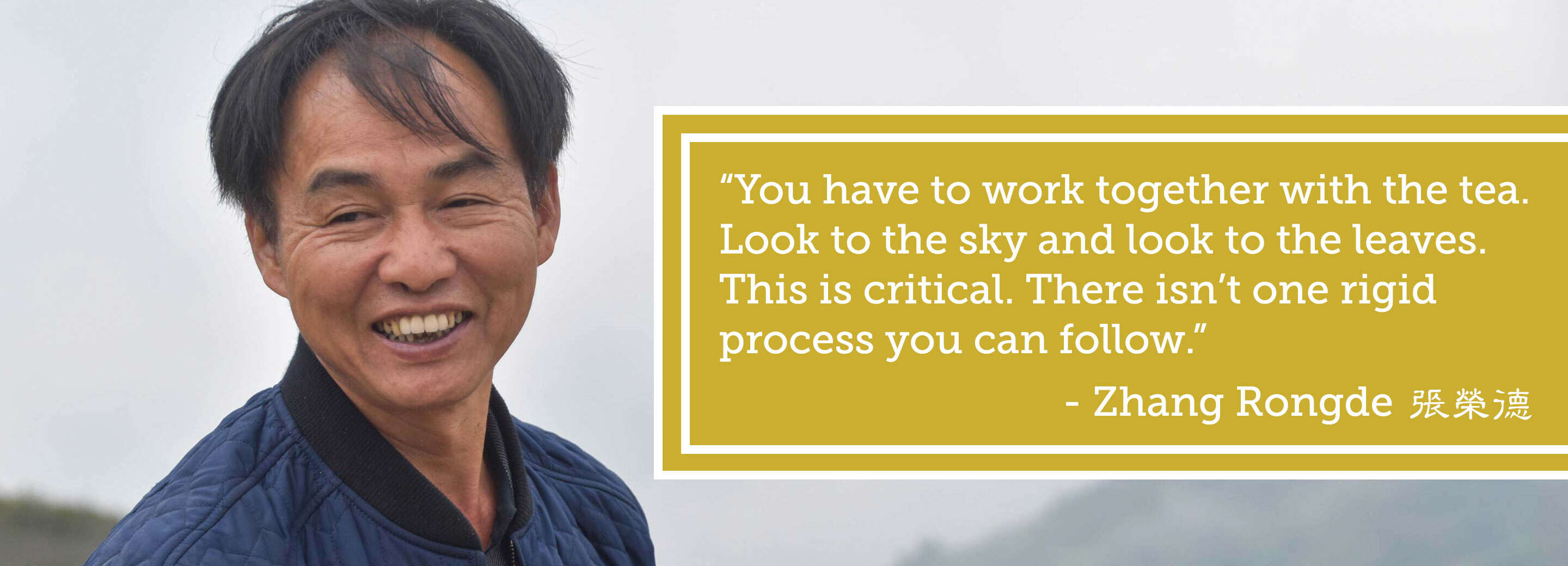

It is my responsibility to listen and not tell. I cannot force a tea into a certain flavor or aroma with craft. This is because true craft starts in the field, not the workshop. Good agricultural craft requires biodiversity, preserving the wildlife and natural forest cover, respecting the natural mountain springs, and keeping chemicals off of my tea and off of my neighbors’ teas.
If craft in the field is done right, craft in the workshop is about listening. It is about helping a tea become what it wants to be.
I have spent my life helping my village of Daping bring honesty and integrity to tea farming and oolong craft. We stand together against the factory farming that weighs so heavily on the Anxi lowlands ecosystems.
We are making Tieguanyin and countless other cultivars the way that they want to be made, in the environment where they want to grow. I invite you to taste our work for yourself and see."
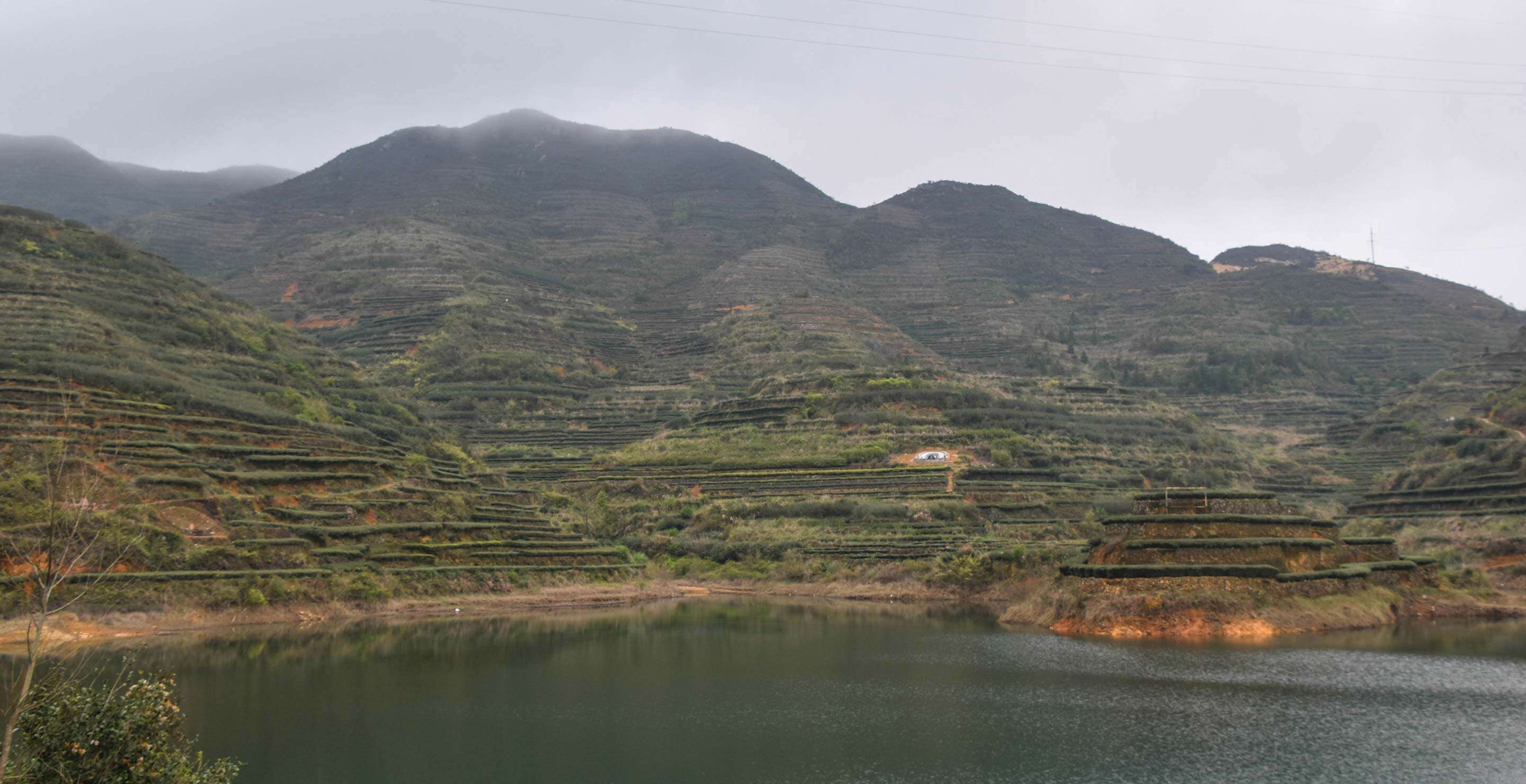

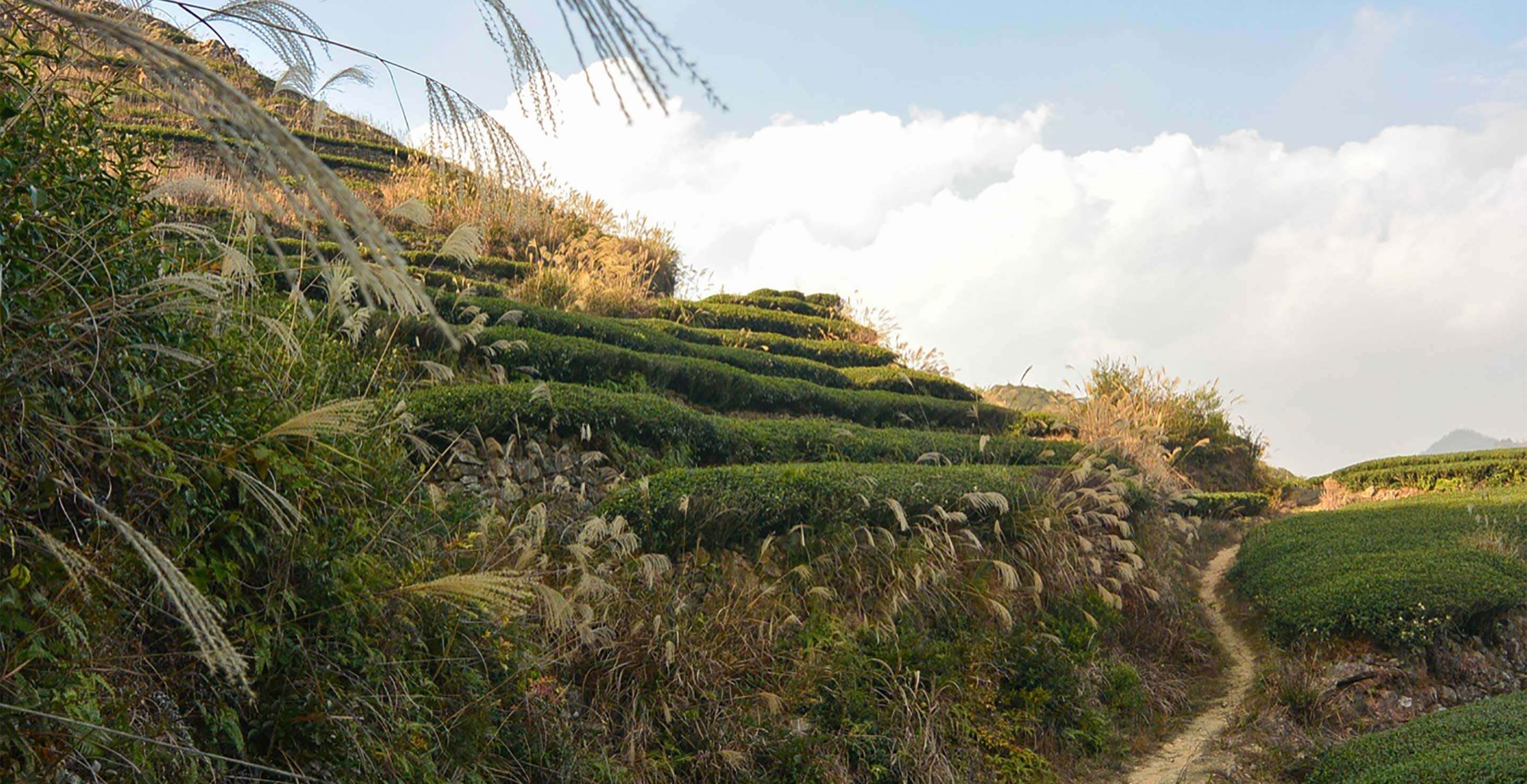

Zhang Rongde was one of the first in Daping village to go to university.
He returned with an advanced degree in agricultural science and helped his community establish responsible chemical-free farming during the commune era. He comes from a long line of tea farmers, picking today plants established by his parents and grandparents.
After the communes were disbanded, Master Zhang was awarded the highest elevation plots in the region for his leadership role in pioneering sustainable, biodiversity-focused agriculture. He has won countless awards for his family’s teas, and still spends every day not only finishing his own teas but helping his neighbors improve their craft by visiting their workshops.
He is most proud not of his awards for quality, but his award for integrity, bestowed by his peers in recognition of his community leadership in transparency and for his work to tie pricing to a set of agreed upon standards of flavor, texture, aroma and aftertaste.
As a pioneer and community leader, Master Zhang is often travelling to far off regions to study other traditions. He has spent time studying and researching in Yiwu, Yunnan learning about old tree management and sun drying techniques, travelling to Japan and Taiwan, and studying in Fenghuang with Master Huang Ruiguang - exchanging Anxi oolong and Fenghuang oolong techniques and continuing to develop his ability to taste and evaluate.


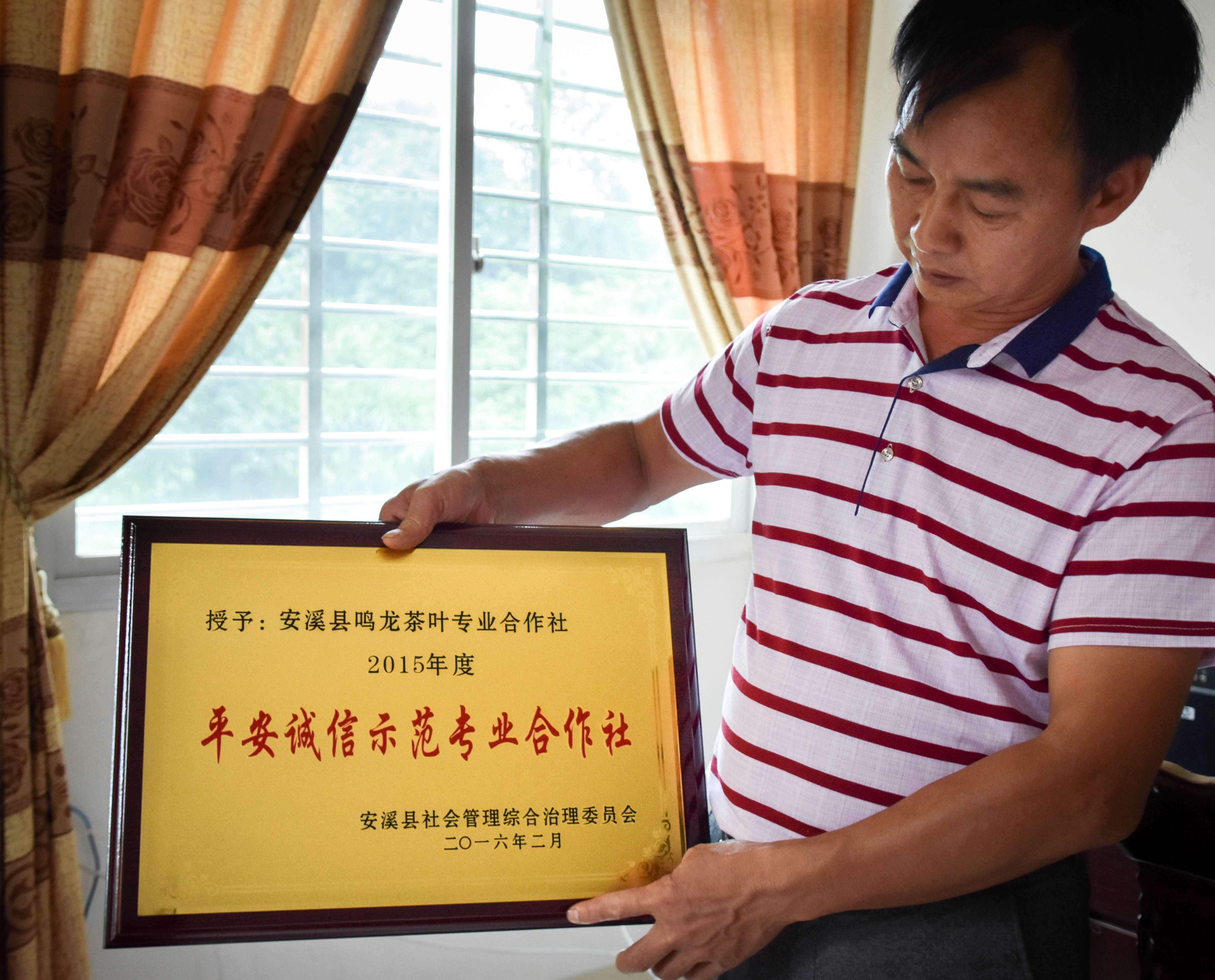



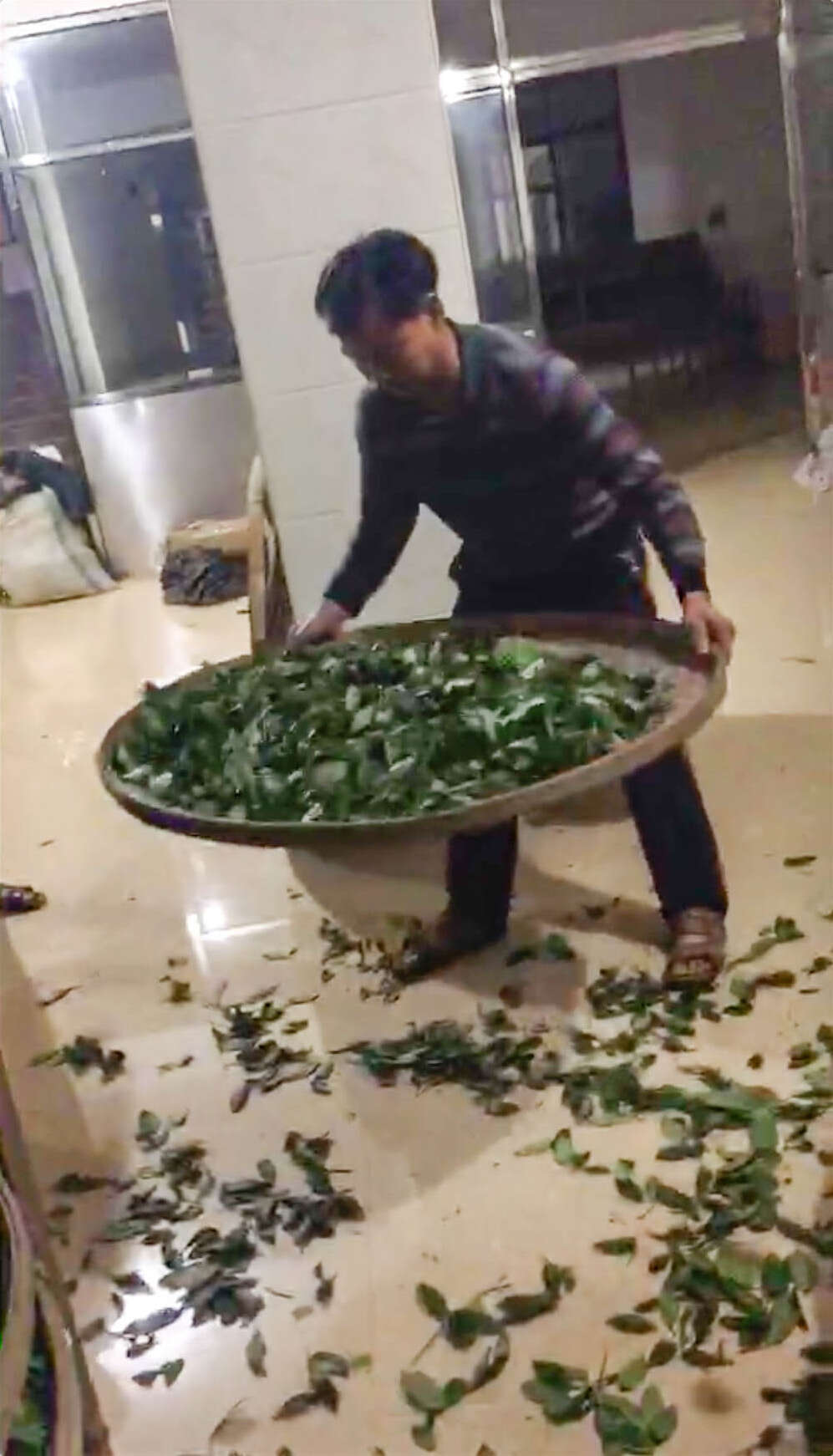

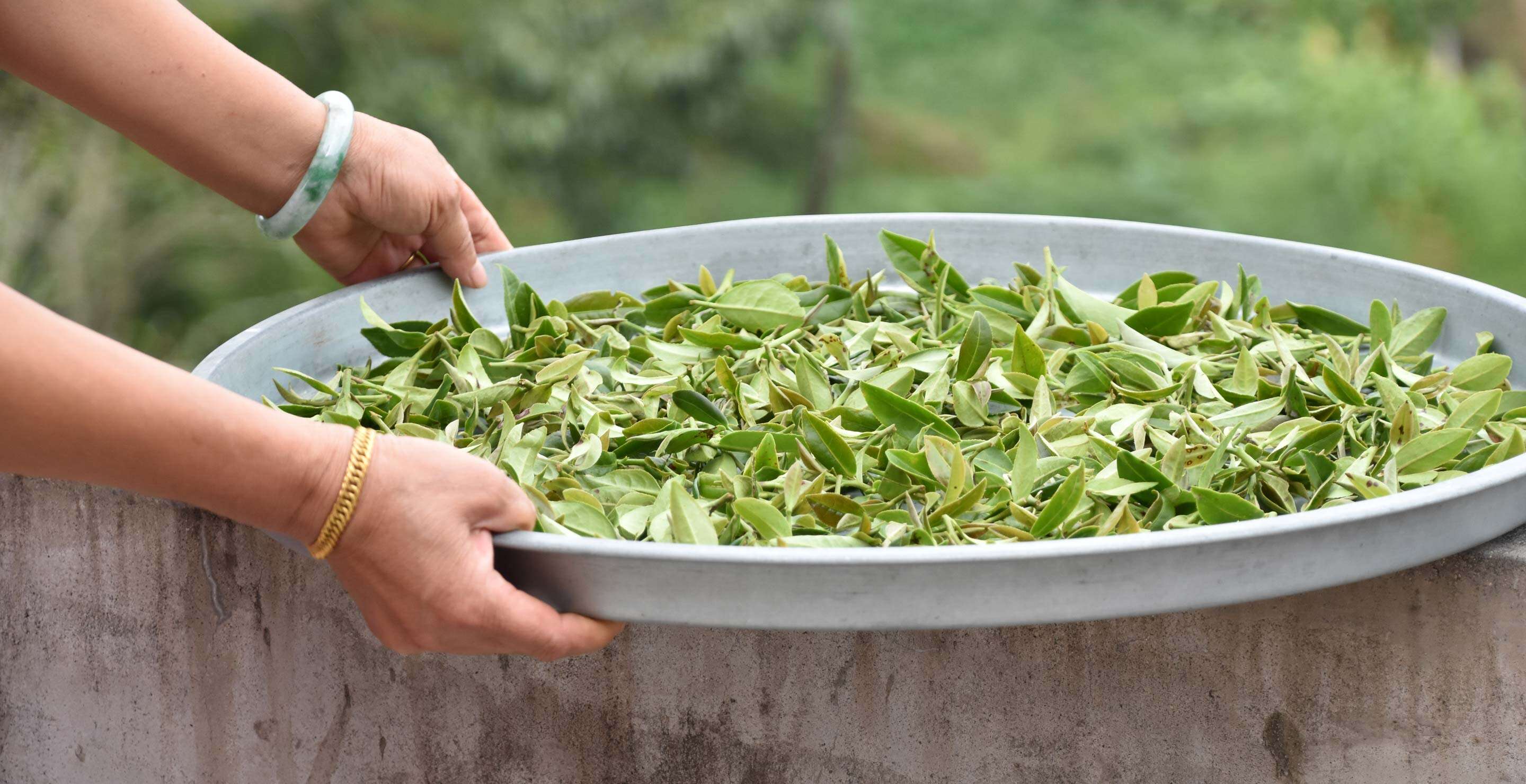

You cannot follow a simple protocol and expect to make great tea. You have to be willing to put aside everything to see a batch through to the end.
Often a single batch of oolong means over 40 hours in the workshop without sleep to get it just right, and that does not count the time in the fields.
My job really starts in the field, working actively to strengthen the natural ecosystem through my farming choices and also working to research, revive and propagate rare, new or nearly lost cultivars, all to increase biodiversity and secure a better future for oolong.
I grow dozens of different cultivars, some planted by my grandparents with old, deep rootstock. Each varietal has different picking times and different “ideals” in the field and in the workshop.
Every weather condition not only changes picking times but changes the way I fluff and turn the leaves to bring out their aroma, the way I roast them, the moisture levels I aim for; this all requires flexibility, determination, and humility in the face of nature.
Despite the hardship, I love what I do.
Tea is a collaboration between the skies, the earth and us, the people, that can create humbling beauty and complexity.
Seeking this complexity has inspired me to go beyond current styles in oolong and research lost styles like Original Wulong Revival.
Too much of the world’s “Tieguanyin” comes from big factory farms that have bought up most of lowland Anxi. These teas are passed off as the real thing because many retailers and importers do not know better.
I want to give anyone who loves tea the education and tools necessary to tell the difference. That is why I work with importer Verdant Teato tell my story. I hope you’ll take the time to learn about the place I call home and the way I work to craft my teas.
| Enable Sale | No |
|---|